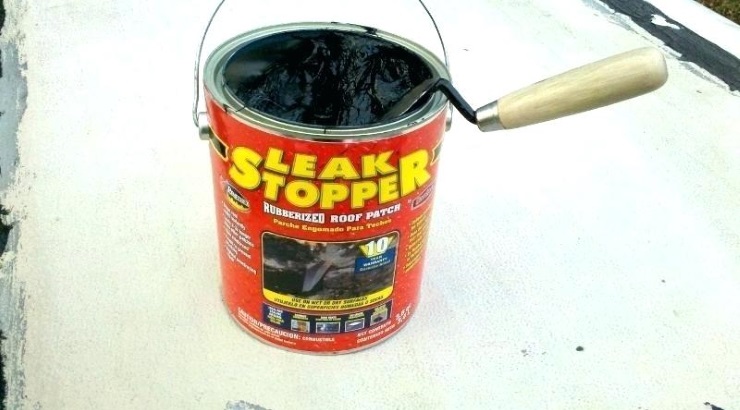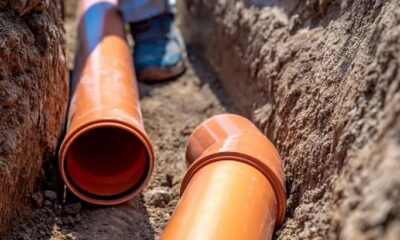Features
What’s the best roof sealant?
A good roofing sealer can help extend the lifespan of your roof by an extra 15 years.

Roofing sealants have been used for ages to extend the lifespans of roofing tiles and shingles by shielding them from harsh weather.
Although modern roofing materials are designed to last as much as 20 years without total makeover, rainstorms and prolonged exposure to sun can damage a roof resulting in the dreaded leaks.
To prevent such situations, many homeowners apply sealant for roofs on their house rooftops to act as a defense against scorching sun, rain, and ice.
This way, it is the roofing sealer that takes the brunt of the harsh weather and not the roof’s tiles or shingles.
The use of sealant for roofs is also credited with improving a roof’s fire-resistance and checking the growth of algae and mold.
What are roofing sealants?
A sealant for roofs is jellylike material that turns solid after application onto a surface to protect it from damage caused by undesirable elements.
When applied properly onto a large portion of a rooftop, a good roofing sealer can mend and extend the life of a leaky roof.
The market is awash with various types of roofing sealants. Some sealants can be used on a wide range of roofs materials – from asphalt shingles to roll roofing and bitumen – while others can only be used on specific rooftops.
It is important, therefore, to check the product’s sticker as well as roof sealant guidelines from the maker of your roofing material.
What is the best roofing sealant?
1. Polyether sealants
Polyether roof sealant is a moisture-cure type of coating that is more long-lasting compared to other roofing sealer alternatives.
These sorts of roofing sealer have a great rate of adhesion and can be applied in regions that experience extreme weather without destroying the material.
Polyether roof sealants are weather resistant, eco-friendly, and are highly compliant with the Occupational Safety and Health Administration (OSHA) guidelines.
When applied properly, a roofing sealer can last for 20 to 30 years.
2. Silicone sealants
Silicone is a popular sealant for roofs – widely preferred for its vast range of formulations. These include oxime-cure formulations which are costly, and acetoxy-cure formulations, which are cheaper.
Oxime-cure silicones are suitable for metal surfaces as they provide a better grip while withstanding harsh weather conditions. Nonetheless, they are susceptible to discoloring after prolonged exposure to ultraviolet radiation.
RELATED: 11 Types of Roofing Materials
On the other hand, acetoxy-cure formulations are not suitable for metals since they are highly susceptible to corrosion. However, these sealants can resist fading that occurs after lengthy exposure to ultraviolet radiation.
3. Polysulfide sealants
Polysulfide sealants are elastomeric in nature, and they offer excellent resistance to weather exposure. This type of roofing sealer is generally applied over primed surfaces – preventing formation of cracks for 20 years.
Owing to the above attributes, polysulfide sealants are more expensive compared to other roofing sealer alternatives.
How long does roof sealant last?
When applied properly a good roofing sealer can last up to 20 years with proper yearly maintenance and regular inspection of the roof.












